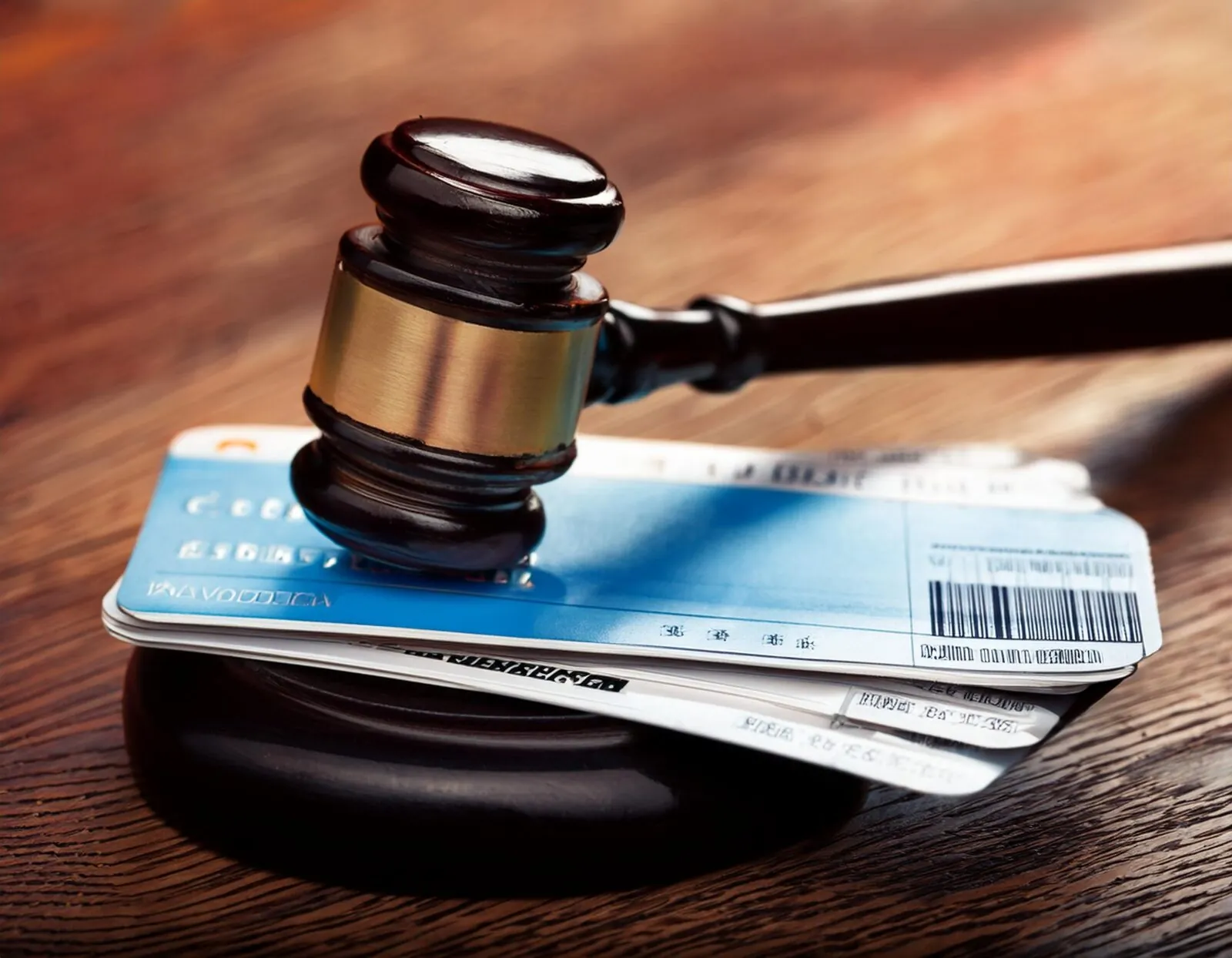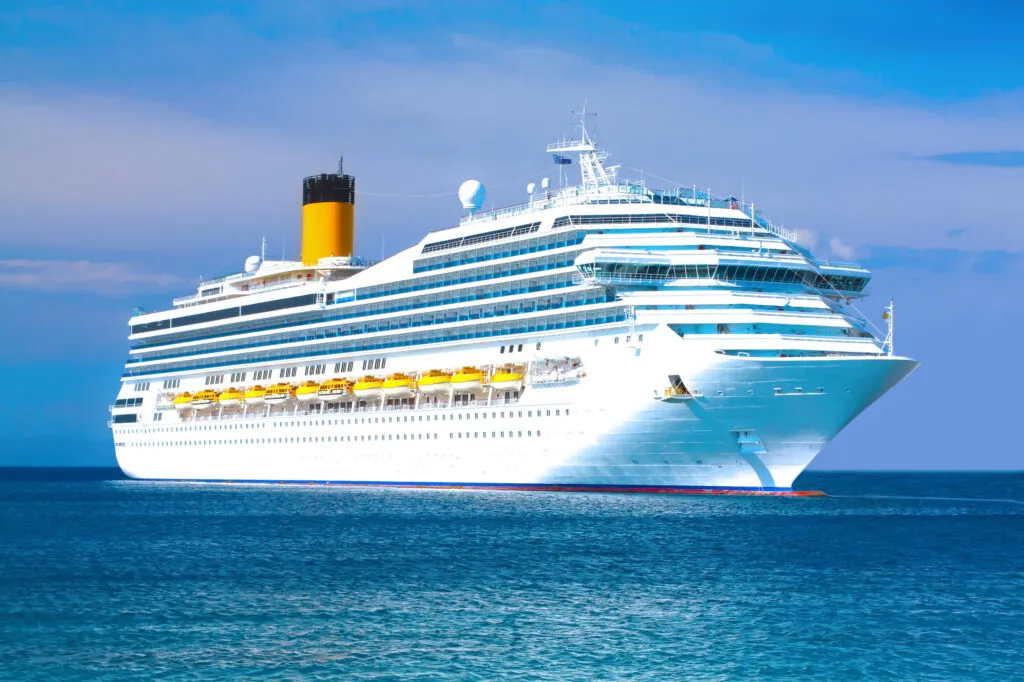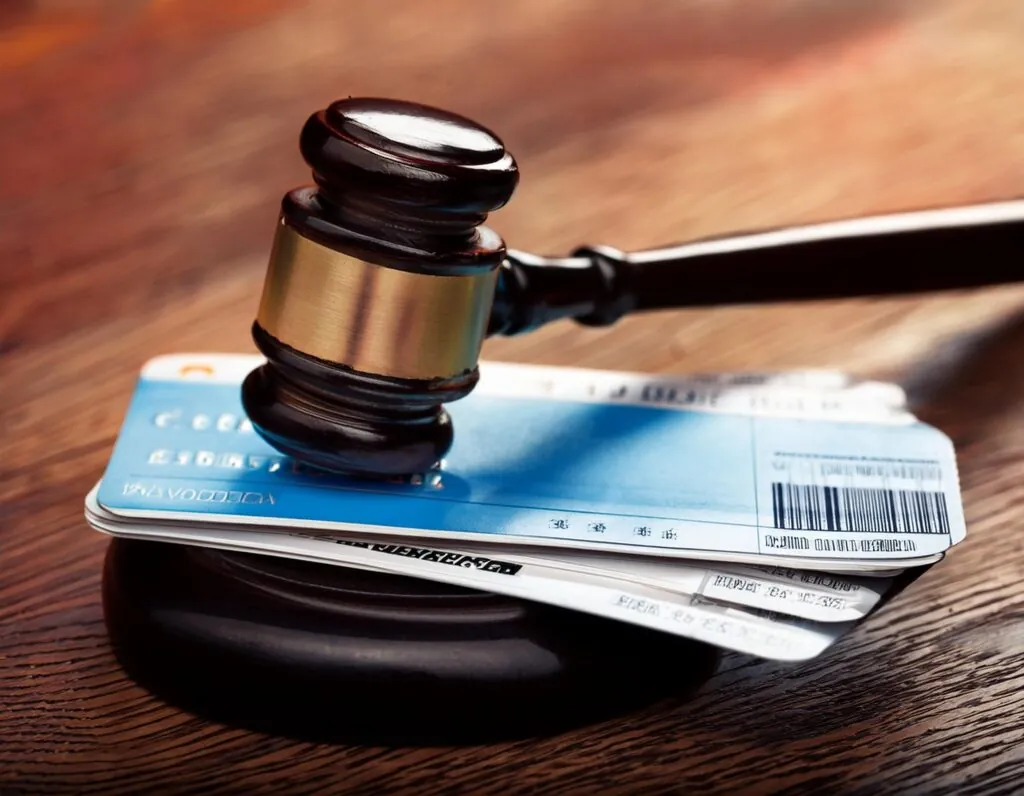When planning a dream vacation on a luxurious cruise ship, most travelers focus on the exciting destinations, lavish amenities, and unforgettable experiences awaiting them at sea. However, buried in the fine print of your cruise ticket is a powerful legal document that can significantly impact your rights as a passenger. This document is known as the Cruise Ticket Waiver of Lawsuit.
This seemingly insignificant clause holds substantial legal power, often limiting or even eliminating your ability to sue the cruise line in the event of an accident, injury, or dispute. In this detailed guide, we will explore what a cruise ticket waiver of lawsuit entails, its legal implications, how it affects your rights, and what you can do to protect yourself before setting sail.
What is a Cruise Ticket Waiver of Lawsuit?
Definition and Purpose
A Cruise Ticket Waiver of Lawsuit is a legal clause embedded within the terms and conditions of a cruise ticket contract. By purchasing the ticket, passengers are agreeing to waive certain legal rights, including the right to sue the cruise line under specific circumstances. The primary purpose of this waiver is to:
- Protect cruise companies from costly litigation arising from passenger injuries, accidents, or disputes.
- Minimize financial liability by restricting compensation claims.
- Limit legal actions by directing how and where passengers can file lawsuits.
Why Do Cruise Lines Include Legal Waivers?
Cruise companies operate under a complex set of legal frameworks governed by maritime law. Unlike regular consumer protection laws, maritime law is often more favorable to businesses, giving cruise lines the upper hand in legal disputes. Legal waivers are included to:
- Shield cruise lines from negligence claims, even in cases of onboard accidents or injuries.
- Restrict legal actions to specific jurisdictions favorable to the cruise line.
- Reduce the risk of class-action lawsuits by requiring individual arbitration instead of public court trials.
These waivers help cruise lines protect their financial interests but often leave passengers at a legal disadvantage. Understanding the scope and limitations of these clauses is essential to protecting your rights as a consumer.
Cruise Line Liability and Passenger Rights
Overview of Cruise Line Liability
Cruise lines are considered “common carriers” under maritime law, which obligates them to provide a reasonably safe environment for passengers. However, their liability is limited under certain conditions. For instance:
- They are not liable for accidents resulting from passenger negligence.
- Their liability for onboard medical malpractice is often limited, as onboard doctors and nurses are typically classified as independent contractors rather than cruise line employees.
- They are not responsible for criminal activities committed by other passengers, unless negligence or inadequate security measures can be proven.
How Waivers Affect Passenger Rights
Cruise ticket waivers significantly impact passenger rights by:
- Limiting the types of claims passengers can bring against the cruise line.
- Specifying where and how lawsuits can be filed, often in jurisdictions favorable to the cruise company.
- Requiring mandatory arbitration instead of court trials, which can restrict legal recourse.
- Capping the amount of compensation passengers can receive for injuries or damages.
Example: How Liability Limitations Work
Consider this scenario: You slip and fall on a wet deck because the cruise line failed to post warning signs. If the cruise ticket includes a liability waiver for onboard accidents, your ability to sue the cruise line may be severely restricted. You may be required to:
- File a claim within a short time frame, often within six months of the incident.
- Bring the lawsuit in a specific court, typically located in the cruise line’s home state or another jurisdiction favorable to the company.
- Resolve the dispute through arbitration, which is usually confidential and may limit your compensation.
These limitations demonstrate the importance of understanding the legal implications of cruise ticket waivers before you board the ship.
Legal Waiver in Cruise Ticket: What Rights Are You Waiving?
Common Clauses in Cruise Ticket Contracts
Cruise ticket contracts are lengthy and filled with complex legal jargon. Some of the most common clauses include:
- Forum Selection Clause: Requires lawsuits to be filed in a specific location, often where the cruise line’s headquarters are based, such as Miami, Florida.
- Arbitration Clause: Mandates that disputes be resolved through private arbitration instead of public court trials.
- Class Action Waiver: Prohibits passengers from joining class-action lawsuits, requiring individual legal action.
- Limitation of Liability Clause: Caps the amount of compensation for injuries or damages, often limiting it to the cost of the cruise ticket.
- Notice of Claim Clause: Requires passengers to notify the cruise line of a claim within a specific time frame, usually six months from the date of the incident.
Impact on Your Legal Rights
By agreeing to these clauses, you may be waiving significant legal rights, including:
- Right to a jury trial in a public court.
- Right to sue for emotional distress or mental anguish.
- Right to participate in class-action lawsuits for collective redress.
- Right to sue in your local jurisdiction, as you may be required to file claims in distant locations specified by the cruise line.
Real-World Example:
In the case of Carnival Cruise Lines v. Shute (1991), the U.S. Supreme Court ruled that a forum selection clause requiring passengers to file lawsuits in Florida was enforceable, even though the passengers resided in Washington state. This precedent illustrates how powerful these clauses can be in limiting a passenger’s legal options.
Are Cruise Ticket Lawsuit Waivers Enforceable?
Legal Enforceability of Cruise Ticket Waivers
The enforceability of cruise ticket waivers largely depends on:
- Maritime law regulations governing cruise contracts.
- Jurisdictional rules specified in the ticket’s forum selection clause.
- Disclosure requirements, ensuring the terms are clearly stated and readily accessible to the passenger before purchase.
Court Decisions and Precedents
Several court cases have upheld the enforceability of cruise ticket waivers, including:
- Carnival Cruise Lines v. Shute (1991): Validated forum selection clauses, requiring lawsuits to be filed in specified jurisdictions.
- Doe v. Princess Cruise Lines (2010): Enforced an arbitration clause, barring a passenger from pursuing claims in U.S. courts.
- Wallace v. Oceania Cruises, Inc. (2018): Upheld the limitation of liability clause, restricting compensation to the cost of the cruise ticket.
These cases demonstrate that U.S. courts generally support the enforceability of cruise ticket waivers, making it challenging for passengers to file lawsuits outside of the specified jurisdiction or legal process.
Tips to Protect Your Legal Rights When Booking a Cruise
Navigating the legal complexities of cruise ticket waivers can be challenging, but there are steps you can take to protect yourself:
- Read the fine print carefully: Understand all clauses, including forum selection, arbitration, and liability limitations.
- Consult a maritime lawyer before booking, especially if you have medical conditions or other concerns.
- Consider purchasing travel insurance with coverage for accidents, medical emergencies, and legal disputes.
- Document everything: Keep copies of your ticket contract, incident reports, and correspondence with the cruise line.
- Report incidents immediately to onboard staff and follow up in writing to establish a documented record of the event.
Frequently Asked Questions (FAQs)
Can you sue a cruise line despite a ticket waiver?
Yes, it is possible to sue a cruise line despite a ticket waiver, but it can be challenging. The enforceability of the waiver depends on factors such as the clarity of the language, how the waiver was communicated, and whether it is deemed fair under maritime law. In some cases, passengers can challenge the waiver on grounds of ambiguity, unconscionability, or misrepresentation. Consulting with a maritime lawyer can help determine if you have a viable case.
What rights do I give up with a cruise ticket?
When you purchase a cruise ticket, you typically waive several legal rights, including the right to sue in your local jurisdiction, the right to a jury trial, and the right to join class-action lawsuits. You may also be required to resolve disputes through arbitration, which is often confidential and limits the ability to appeal decisions. Additionally, liability for onboard accidents, medical malpractice, or emotional distress may be capped or excluded under the contract terms.
Are cruise ticket legal waivers enforceable?
Yes, cruise ticket legal waivers are generally enforceable under maritime law, provided they are clearly stated, reasonably communicated, and not overly restrictive. U.S. courts have upheld the enforceability of these waivers in cases such as Carnival Cruise Lines v. Shute, where a forum selection clause was ruled valid. However, waivers may be challenged if they are ambiguous, unfair, or in violation of public policy.
What happens if I get injured on a cruise?
If you get injured on a cruise, your legal options depend on the terms and conditions of your cruise ticket. Most tickets require you to report the injury immediately and file a formal claim within a specific timeframe, usually six months. Your ability to sue the cruise line may be restricted by a liability waiver, and you may be required to file a lawsuit in a specific jurisdiction, such as the state where the cruise line is headquartered. It is advisable to document the incident, seek medical attention, and consult with a maritime lawyer to understand your rights and legal options.
Can cruise lines avoid lawsuits with ticket terms?
Cruise lines attempt to avoid lawsuits by including legal waivers in their ticket contracts. These waivers limit liability, restrict where and how lawsuits can be filed, and require arbitration instead of court trials. However, these waivers are not always absolute. Courts may invalidate them if they are deemed ambiguous, unconscionable, or against public policy. Passengers may still sue if negligence, fraud, or gross misconduct by the cruise line can be proven.
Contact The Cruise Injury Law Firm Today
Cruise ticket waivers of lawsuit have significant legal implications that can impact your rights as a passenger. By understanding these waivers, reading the fine print, and taking proactive steps to protect yourself, you can minimize the legal risks associated with cruise travel.
If you have questions about your legal rights or need help challenging a cruise ticket waiver, contact The Cruise Injury Law Firm today. We can provide expert guidance tailored to your situation, ensuring you are fully informed and protected before you set sail.
Don’t wait until it’s too late—know your rights before boarding your next cruise.




